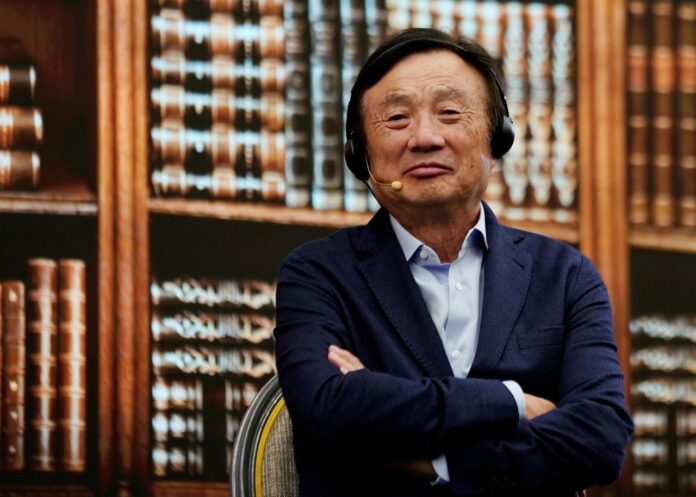HONG KONG: Huawei Technologies Co Ltd’s founder and CEO Ren Zhengfei said on Thursday the company is already producing 5G base stations that are free of US components and plans to more than double production next year.
From October, the company will be producing 5,000 of the 5G mobile communications base stations per month, and next year it plans to make about 1.5 million stations, Ren said during a forum.
Huawei, the world’s largest telecoms gear maker, has been on a US trade blacklist since May over concerns that its equipment could be used by Beijing to spy. Huawei has repeatedly denied such allegations, but has taken steps to minimize the impact.
US sanctions cut off Huawei’s access to essential US technologies. The latest version of its Mate 30 flagship phone, unveiled last week in Europe, will not come with Google Mobile Services.
“We carried out the testing in August and September, and from October on we will start scale production, at 5,000 units a month,” Ren said. “So our production capacity this year will be 600,000 and we expect that figure to go up to 1.5 million next year.”
Will Zhang, Huawei’s president of corporate strategy, told Reuters the performance of the US-free base stations was “no worse”, and the company “has had positive surprises”. He declined to give details.
Ren said Huawei would still like to use US components if possible because it has “emotional ties” with long-time US suppliers.
Earlier this month, Ren said that he was open to selling the firm’s 5G technology – including patents, code, blueprints and production know-how – to Western firms for a one-off fee.
On Thursday he went further, saying Huawei was willing to license its 5G mobile technology to a US company, and that he was not afraid of creating a rival by making Huawei’s technology available to competitors.
The offer could also include chip design know-how, he added.
The offer to license out 5G technology marks the latest attempt by Huawei, also the world’s No.2 smartphone vendor, to minimize the impact of the US trade ban. It expects a hit of some $10 billion to revenue from its phone business this year.




